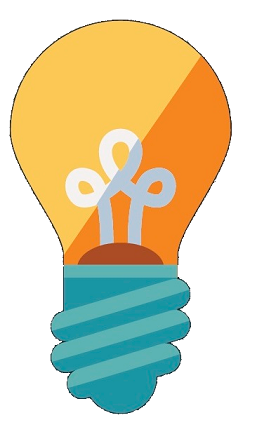Children: Learning outcomes
‹ BACK TO INTRODUCTION
After completing this tutorial, you will be able to:
- Describe some of the most common questions about medicines that you are likely to face when your patient is a child.
- Make decisions that are clinically appropriate and practical, and mindful of relevant legislation and expert guidance.
- Summarise the most common reasons for medication errors in children.
You can download a PDF of the whole tutorial (without interactive elements such as the Learning exercises) and a one-page summary of key points.
 You should allow 90 minutes to complete this tutorial, including the Learning exercises.
You should allow 90 minutes to complete this tutorial, including the Learning exercises.Competencies
If you are a hospital trainee pharmacist, this tutorial may help you achieve GPhC learning outcomes such as these:- LO 12 Take an all-inclusive approach to ensure the most appropriate course of action based on clinical, legal and professional considerations
- LO 16 Apply professional judgement in all circumstances, taking legal and ethical reasoning into account
- LO 26 Consider the quality, risks and safety associated with medicines and products and take appropriate action when producing and supplying them
- LO 29 Apply the principles of clinical therapeutics, pharmacology and genomics to make effective use of medicines for people
- LO 30 Appraise the evidence base and apply clinical reasoning and professional judgement to make safe and logical decisions which minimise risk and optimise outcomes for the person
If you are a foundation pharmacist, this tutorial may assist with meeting certain competencies from the RPS framework including:
- 1.1 Applies evidence-based clinical knowledge to make suitable recommendations or take appropriate actions
- 1.6 Uses own pharmaceutical knowledge to positively impact the usage and stewardship of medicines at an individual and population level.
- 1.7 Undertakes a holistic clinical review of a person’s medicines to ensure they are appropriate.
- 2.1 Keeps the individual at the centre of their approach to care at all times.
- 3.1 Draws upon own knowledge and up-to-date guidance to effectively make decisions appropriately and with confidence.
- 3.2 Critically appraises appropriate information to make a decision in an efficient and systematic manner; adopts evidence-informed solutions.
- 3.3 Demonstrate awareness of where to seek appropriate information to solve problems and make decisions.
- 3.5 Manages uncertainty and possible risk appropriately, while ensuring high attention to detail is maintained when making decisions regarding the individual receiving care.
- 6.5 Uses effective questioning when working with individuals receiving care or other healthcare professionals.
Continuing professional development
Finally, here are some CPD activities you could consider:
★ Speaking to a parent or child on long-term medicines. Ask them about their experience of taking medicines, how it impacts upon their lives and any challenges they may face.
★ Shadowing your paediatric pharmacist on a ward round or multi-disciplinary team meeting. Ask them to help you choose a patient who requires their medicines optimising and work through this together.
★ Reviewing the errors and near misses from your Trust that involve children and medicines. Are there any common themes? How could these be avoided?
★ Speaking to a parent or child on long-term medicines. Ask them about their experience of taking medicines, how it impacts upon their lives and any challenges they may face.
★ Shadowing your paediatric pharmacist on a ward round or multi-disciplinary team meeting. Ask them to help you choose a patient who requires their medicines optimising and work through this together.
★ Reviewing the errors and near misses from your Trust that involve children and medicines. Are there any common themes? How could these be avoided?








